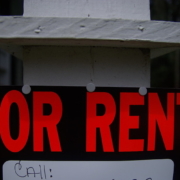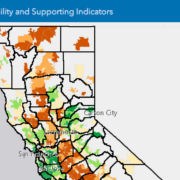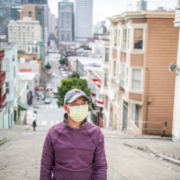Disparities in the Distribution of Paycheck Protection Program Funds
In a collaborative report with the UCLA Latino Policy and Politics Initiative (LPPI), CNK and LPPI researchers find that businesses in California’s communities of color are being left behind because they are receiving far less from the $600 billion in loans through the Paycheck Protection Program. The Paycheck Protection Program was established as part of the Coronavirus Aid, Relief, and Economic Security Act (CARES Act) to help certain businesses continue paying their workers.
The new report explicates how the lack of federal support will likely widen economic inequality in communities of color, which already had fewer small businesses and jobs than majority-white neighborhoods. The analysis uses data from the Small Business Administration, the Census Bureau’s ZIP Code Business Patterns Dataset and the American Community Survey.
The researchers write that future federal pandemic relief efforts should earmark a percentage of funds to directly benefit businesses in disadvantaged communities, which the report finds generally have higher concentrations of residents of color.
“Economic recovery is only possible if communities of color get the support they need and deserve,” said Silvia González, a staff researcher at the Center for Neighborhood Knowledge and a co-author of the report. “Equity and economic justice should be guiding priorities in any future stimulus efforts.”
Access the full report here >>> Disparities in the Distribution of Paycheck Protection Program Funds


 https://www.flickr.com/photos/29456235@N04/
https://www.flickr.com/photos/29456235@N04/ 





 Stockton, California. Wayne Hsieh | FlickrCC
Stockton, California. Wayne Hsieh | FlickrCC 

Leave a Reply
Want to join the discussion?Feel free to contribute!